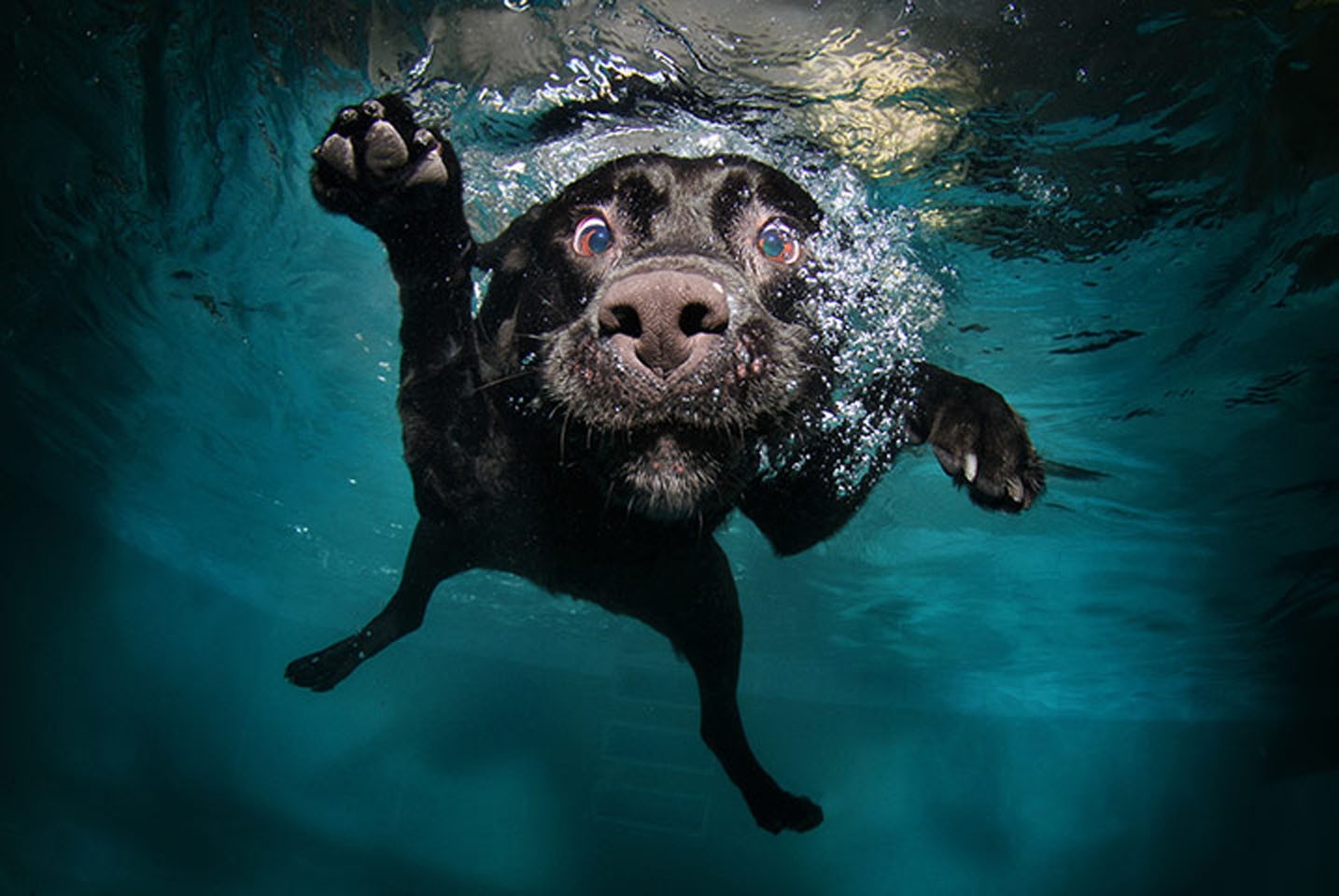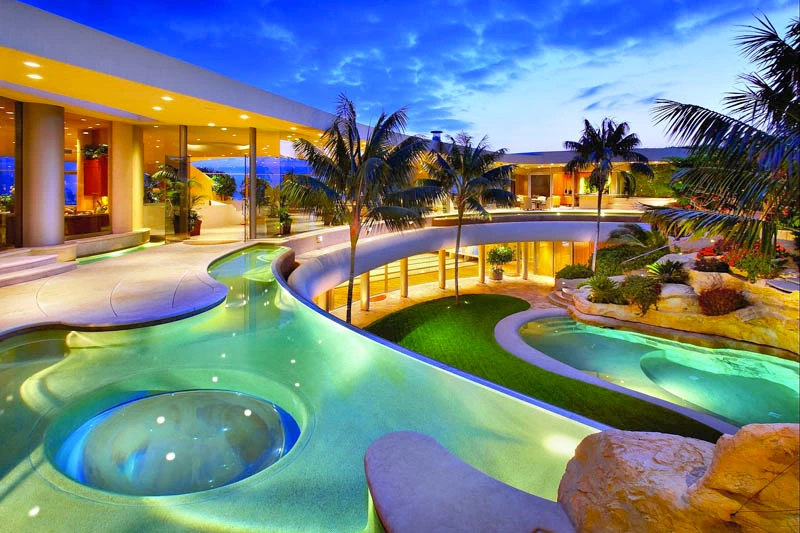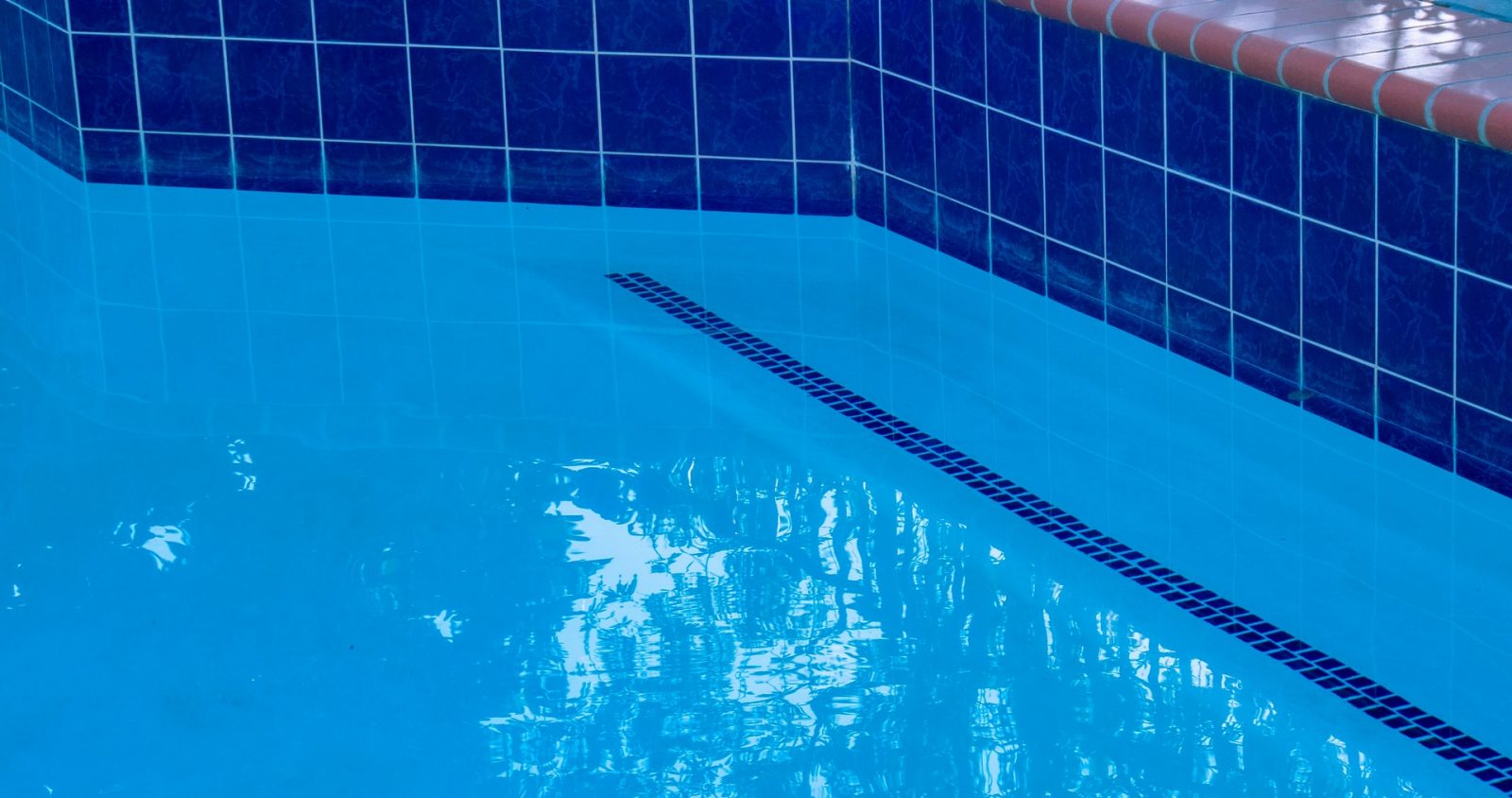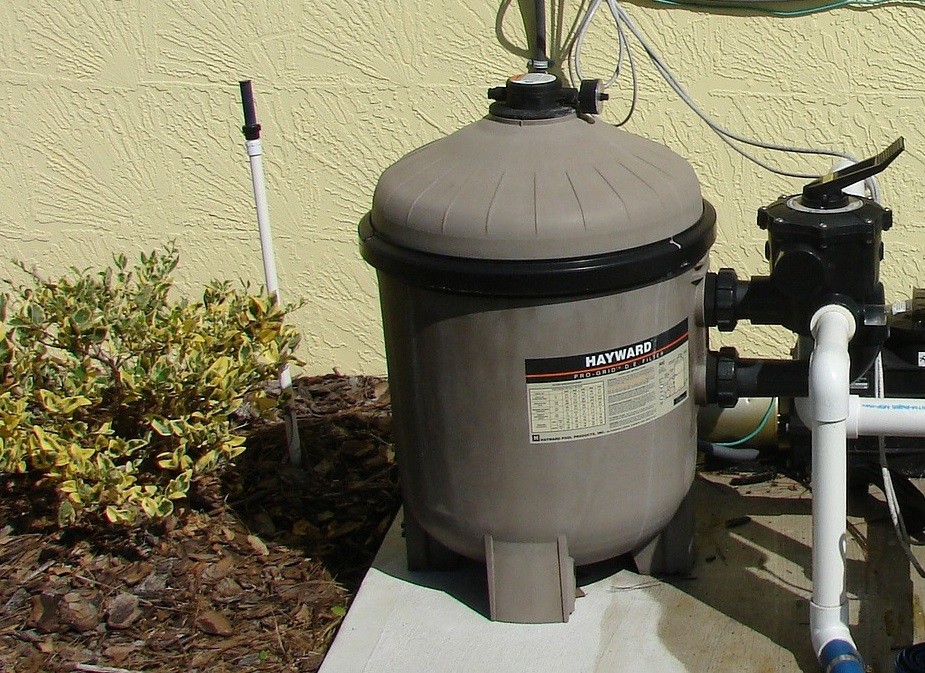We already know that a pool needs a lot of swimming pool chemicals to ensure that it is safe, clean, and well maintained. But out of all the chemicals in the world, which are necessary for proper pool maintenance?
If you are a pool owner and want to get familiar with all the chemicals used to clean and maintain your pool, you are at the right place. We will talk about each pool chemical necessary to maintain swimming pool health.
Sanitizers
Sanitizers are one of the important chemicals that your pool needs. It is the type of chemical used to sanitize and disinfect your swimming pool to make it safe for use. In addition, your pool water should maintain a healthy chlorine level to keep algae and bacteria at bay.
Furthermore, there are different swimming pool chemicals you can use as sanitizers, such as:
Chlorine
The most common sanitizer used in swimming pools is chlorine. Chlorine sanitizes your pool quickly, but it also dissipates faster. It can also act as an oxidizer and algaecide, making it a pool chemical that can provide all-in-one benefits.
Chlorine should be added to a swimming pool regularly to ensure that you will keep the desired chlorine level of 1 to 3 ppm. However, adding chlorine constantly to your swimming pool can be very inconvenient, which is why many opt to convert their swimming pool to a saltwater pool.
A saltwater system will chlorinate your swimming pool automatically, which means that you will never have to worry about adding chlorine to your pool now and then. But, it is best to understand how the saltwater system works before deciding on converting.
Bromine
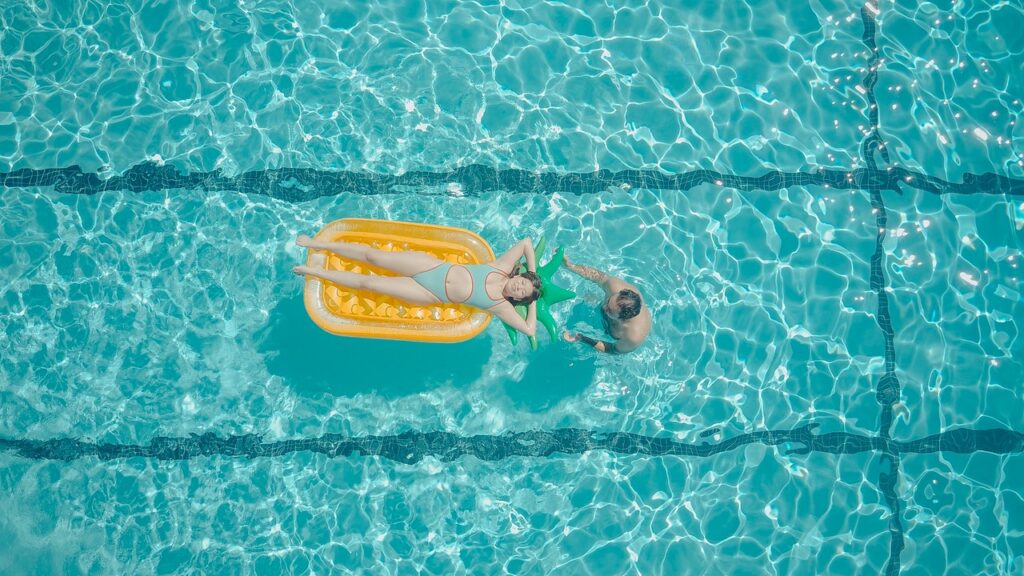
Another chemical that can be used to sanitize your swimming pool is bromine. However, bromine is the less popular pool sanitizer as it sanitizes your pool very slowly. The good thing about bromine is that even though it acts slowly in killing contaminants, its effect lasts longer.
Bromine is best used for indoor pools and high-temperature water, such as in hot tubs. Using bromine in an outdoor swimming pool is not advisable as the sun’s UV rays can shorten the chemical’s effectiveness.
Cyanuric Acid
Cyanuric acid is used in swimming pools to help chlorine stabilize. Chlorine does not work well on its own. It is why adding cyanuric acid would be such a huge help. You must never forget to add cyanuric acid to your swimming pool water after you add chlorine in it.
It would be best if you remembered this, especially for outdoor swimming pools. The cyanuric acid will protect the chlorine from the sun’s UV rays, making it longer lasting. Most chlorine tablets already have added cyanuric acid, which is why it is sometimes better to opt for chlorine tablets.
Oxidizers
Aside from sanitizers, it is also important that you add oxidizers to your swimming pool. An oxidizer is also considered as one of the valuable swimming pool chemicals. It acts as a secondary sanitizer that is added to the pool every few weeks.
Oxidizers help eliminate bacteria and algae, making your swimming pool safer to use. Just like the sanitizer, there are few chemical options you can use as a swimming pool oxidizer.
Calcium Hypochlorite
Calcium hypochlorite, or popularly known as pool shock, is one of the common options for oxidizers. It is used once a week or once every two weeks, depending on how dirty your swimming pool is.
Using calcium hypochlorite can help boost your swimming pool’s chlorine level, which can quickly kill algae. Additionally, calcium hypochlorite can work best if your pool water has a pH level of 7.2.
Potassium Monopersulfate
Another swimming pool chemical you can use to oxidize your pool is the potassium monopersulfate or chlorine-free shock. It is an oxygen-based oxidizer that can quickly clean your swimming pool.
This chlorine-free shock leaves no residue, which is why it is safe to swim in your pool right after the treatment. If your swimming pool is heavily used, it is advised to shock your pool using potassium monopersulfate more frequently. Otherwise, you can use it as often as once a week or every two weeks.
Balancer
The next swimming pool chemical staple is the water balancers. These chemicals help keep your swimming pool water in balance. Before you use a balancer on your swimming pool, it is best to test your pool first. Check its pH level and chlorine level regularly to know how much chemical you will add.
Again, there are several chemical options you can choose to use as a balancer to your swimming pool water. Here are the chemicals you might want to consider.
pH Balancer
It is important that a swimming pool have a balanced pH level, and to do this, you should use a pH balancer. If you want to increase the pH level of the water, you can use soda ash. Add soda ash to your pool water when the pH level is below 7.2 ppm.
Furthermore, if you have a high pH level on your swimming pool water, 7.6 ppm and higher, it is best to use a pH reducer such as sodium bisulfate.
Alkalinity Adjuster
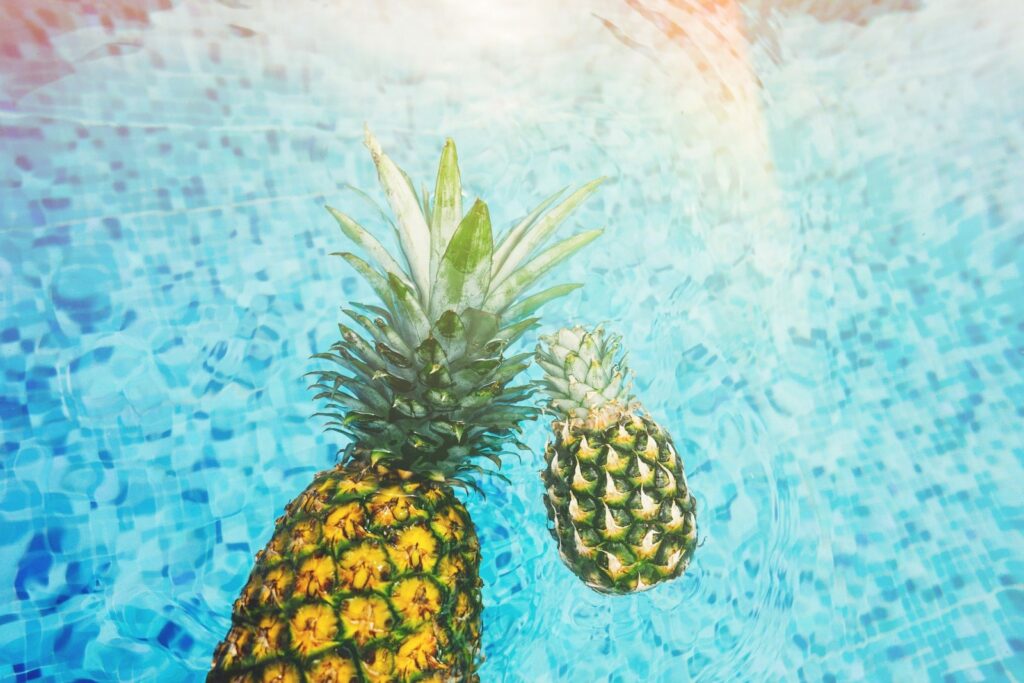
Along with maintaining a good pH level is maintaining well-balanced alkalinity on the pool water. Alkalinity helps balance your water’s pH level significantly, which is why it can help to use an alkalinity adjuster.
You can add sodium bicarbonate to your pool water when the alkalinity level drops below 80 ppm. Once you stabilize your water’s alkalinity, your pH level will follow.
Chlorine Neutralizer
Sometimes, the chlorine level in your swimming pool water increases. And a concentrated amount of chlorine in pool water is not healthy for swimmers. It is why chlorine neutralizer is one of the important swimming pool chemicals you must have.
Sodium thiosulfate is the chemical used to help neutralize your pool water chlorine concentration. Every pound of this chemical will help decrease the chlorine level by ten ppm in a pool with 10,000 gallons of water.
Chemical Is Important for Pool Health
Although chemicals can sound dangerous, they have a huge part in making your swimming pool healthy and safe to use by humans and pets. Skimming, filtering, and brushing alone cannot make your pool clean and safe. Thus, swimming pool chemicals are a must in proper swimming pool maintenance. As long as you follow the instructions on how to use these chemicals properly, then you are good to go.

